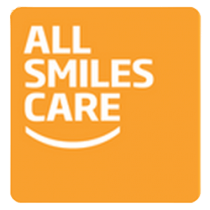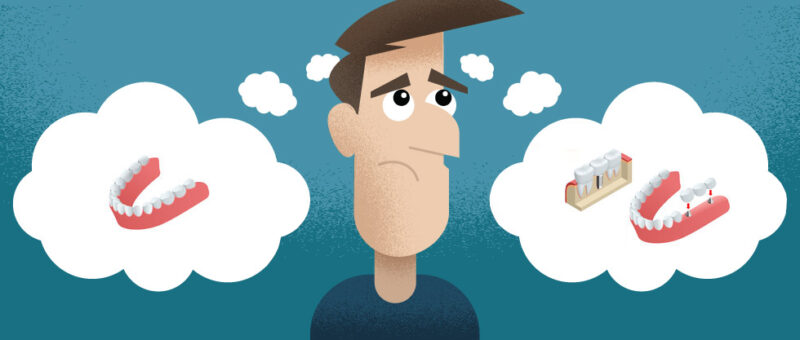Neck pain, jaw pain, back pain…what is going on?
Do you have persistent neck and back pains that are frequently accompanied by morning headaches? Do your jaw and facial muscles frequently ache, pop or get stuck when you yawn, chew or talk? Has anyone ever told you these issues could be related to a disorder of the temporomandibular joint, or TMJ?
If these symptoms sound familiar, you aren’t alone. TMJ disorder causes suffering for millions of Americans every day, but there is something you can do about it.
What causes TMJ?
The temporomandibular joint connects your lower jaw to the temporal part of the skull. This is the area of the skull located directly in front of the ear. The flexibility of this joint enables the jaw to move smoothly up and down so you can yawn, sing, talk, laugh and chew. There are also muscles surrounding the jaw joint that further help to control the positioning and movement of the jaw.
TMJ pain occurs when the jaw joints are injured, dislocated, misaligned or just in a state of constant tension. These are a few of the issues that may lead to TMJ pain or misalignment.
- Stress is often an instigator that causes people to habitually clench their jaws together throughout the day and night. They may not even know they are doing it. If this tension continues, the jaw, neck and facial muscles become achy and fatigued.
- Bruxism, or grinding of teeth, is sometimes due to stress, but it is also the way your body tries to correct a bite that has changed due to shifting or missing teeth. Eventually, a pattern of grinding can wear your teeth down. This may further affect jaw alignment and cause even more pain.
- Accidental injury to the jaw, such as a direct blow or whiplash, may dislocate the jaw joint.
- Previous injury and aging are other contributing factors that may cause TMJ pain due to the onset of osteoarthritis or rheumatoid arthritis.
Find out more about TMJ
Learn more about TMJ disorder by downloading our free e-book today. If you have any of the symptoms, contact your dentist for a full examination. There are many home remedies for mild TMJ, but there are additional therapies and treatments that your dentist can prescribe for more severe cases.
Take the first step to controlling your TMJ pain today.



